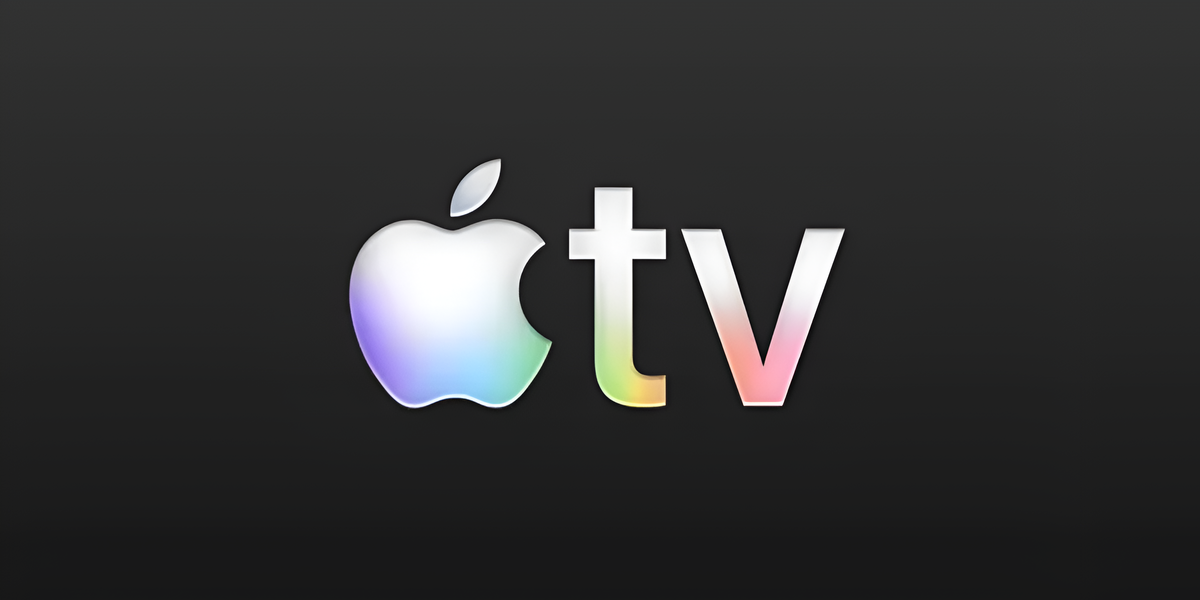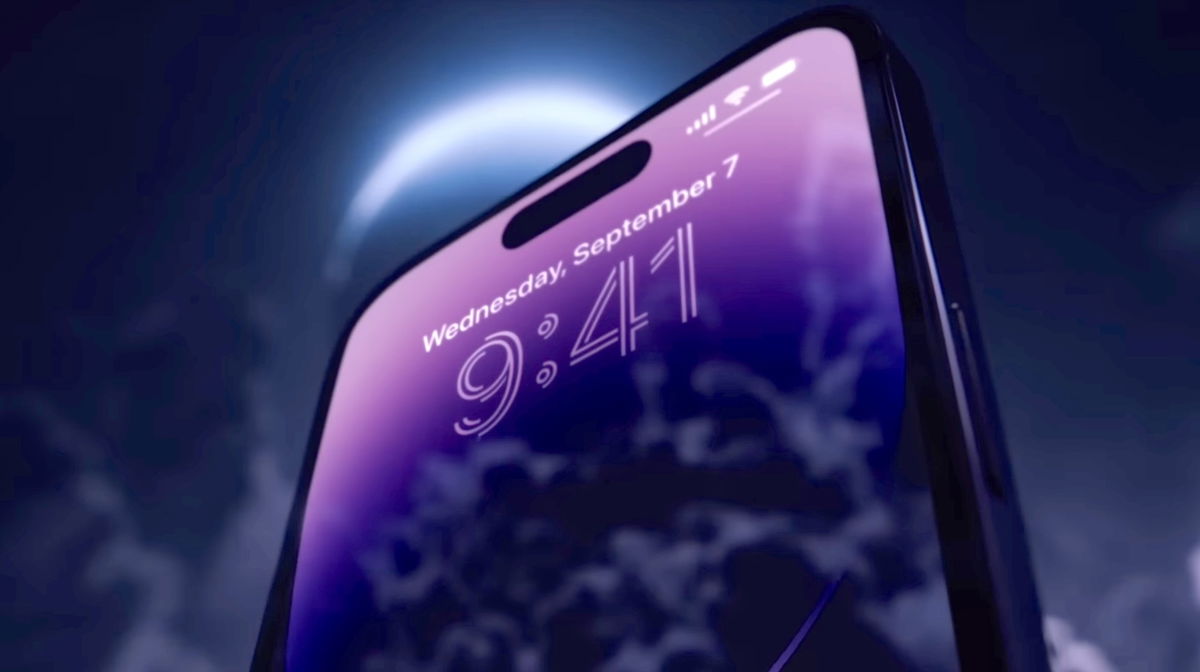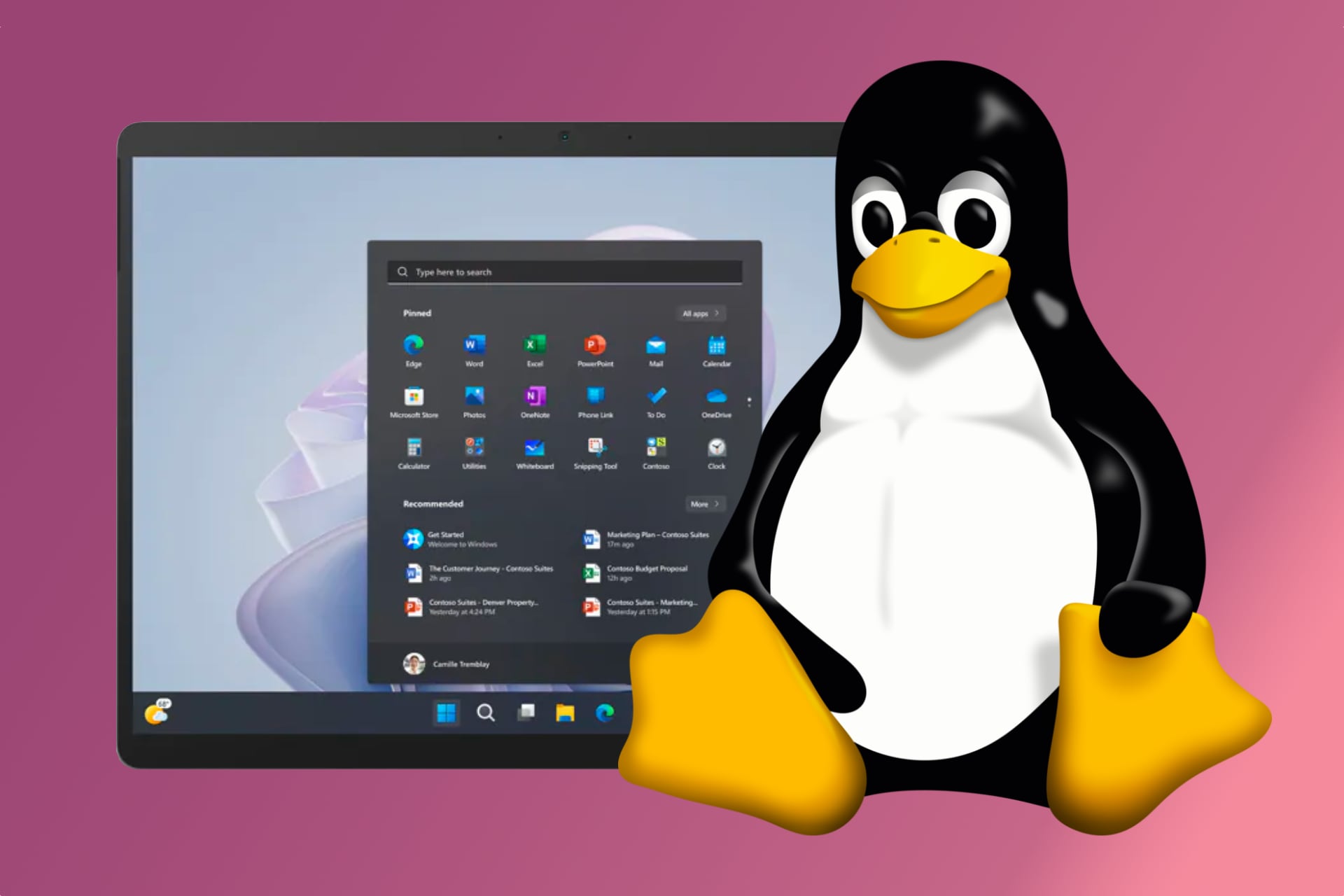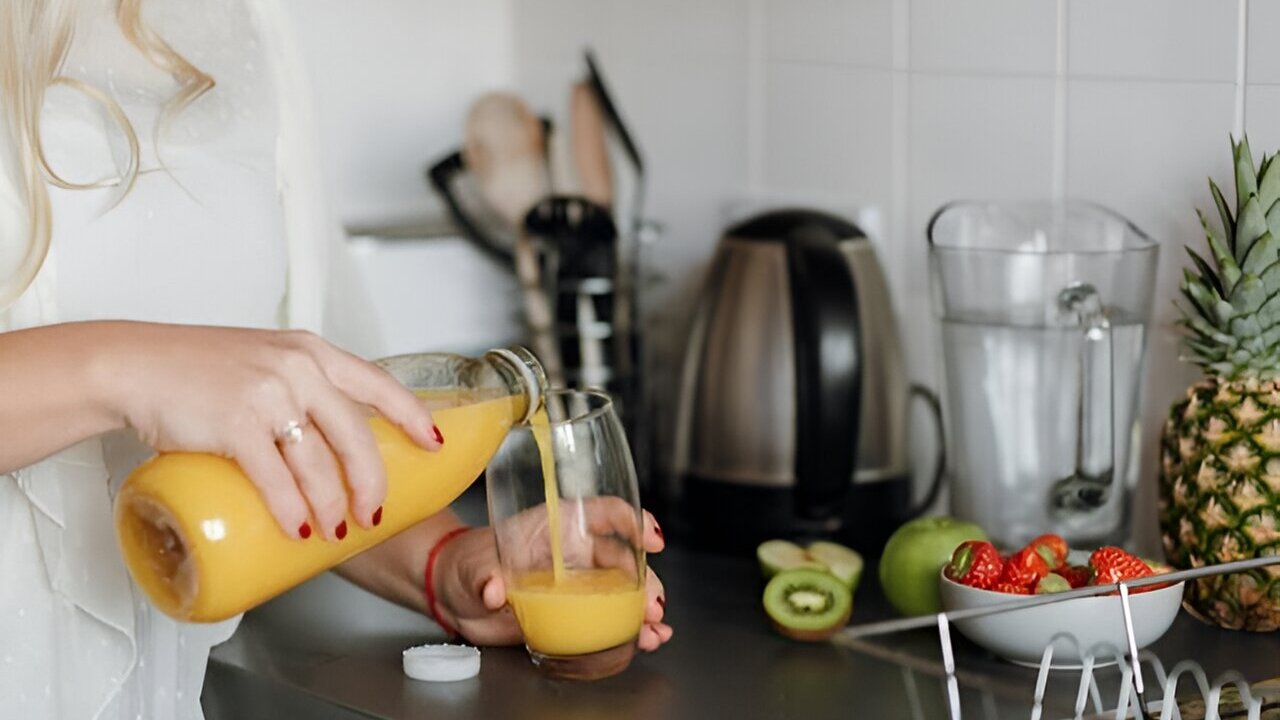Our bodies need iron to create new red blood cells, support energy production, the immune system, and cognitive function. If your levels are low, you may experience symptoms such as fatigue, weakness, shortness of breath, headaches, irregular heartbeat, and decreased concentration.
If your blood test shows you have an iron deficiency, you may be prescribed supplements. But what’s the best way to take them? With or without food, and at what time of day?
The optimal dose of supplementation is 60-120 mg of elemental iron. Any less and the supplement becomes ineffective, any more and you risk abdominal pain, cramping, and diarrhea.
Many multivitamins also contain iron, but they contain too little to correct the deficiency: usually less than 20 mg.
Iron in liquid form is absorbed in the same way as tablets, but liquid options usually contain less iron than tablets.
Studies have also shown that a person absorbs more iron when they take the supplement on an empty stomach, but it may cause more gastrointestinal problems.
If you are taking supplements with meals, it is important to consider which foods will increase iron absorption. For example, these could be foods that contain vitamin C. However, tea, coffee and calcium reduce the body’s absorption of iron.
The best time to take iron supplements is in the morning. The body can absorb significantly more iron early in the day. It is also not recommended to take iron after a workout as it will limit the body’s ability to absorb iron.
Studies have shown that if a person exercises daily, it is best to take iron in the morning before exercise or immediately after exercise (within 30 minutes).
News materials are not equivalent to a doctor’s prescription. Consult a specialist before making a decision.
Source: Ferra
I am a professional journalist and content creator with extensive experience writing for news websites. I currently work as an author at Gadget Onus, where I specialize in covering hot news topics. My written pieces have been published on some of the biggest media outlets around the world, including The Guardian and BBC News.









